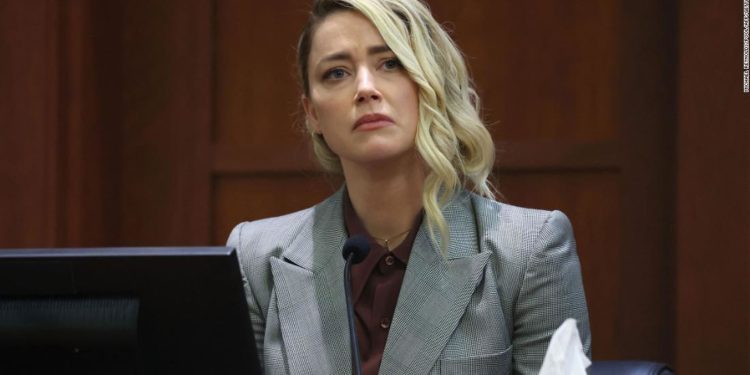Former President Donald Trump will have to sit for a deposition under oath in a New York state civil investigation of his business dealings, a state appeals court ruled Thursday.
The court on Thursday denied Trump’s appeal to overturn a Feb. 17 ruling enforcing subpoenas for the former president and his two eldest children in the New York attorney general’s probe of the Trump Organization. New York Attorney General Letitia James alleges in the investigation that Trump misstated the values of assets in financial statements.
A spokesperson for the Trump Organization did not immediately return a request for comment on the court’s ruling.
In his appeal, Trump’s lawyers had argued that enforcing the subpoenas would violate the Trumps’ constitutional rights because their statements could be used in a parallel criminal investigation. But the four-judge panel on Thursday stated there is no constitutional right that would grant immunity from prosecution to individuals who were called to testify before a grand jury. They also cited the Fifth Amendment right against self-incrimination, which the former president could choose to exercise in his deposition.
“The existence of a criminal investigation does not preclude civil discovery of related facts, at which a party may exercise the privilege against self-incrimination,” the judges wrote.
James, the state attorney general, applauded the Thursday court decision to deny Trump’s appeal.
“Once again, the courts have ruled that Donald Trump must comply with our lawful investigation into his financial dealings,” James said in a statement. “We will continue to follow the facts of this case and ensure that no one can evade the law.”
Trump could still appeal Thursday’s ruling to the New York Court of Appeals, the highest court in the state. Another big decision for Trump will be whether to answer questions in his deposition or stay silent — invoking his Fifth Amendment right — since anything he says could be used against him in a criminal investigation being conducted by the Manhattan district attorney’s office.



Connect with us on our socials: